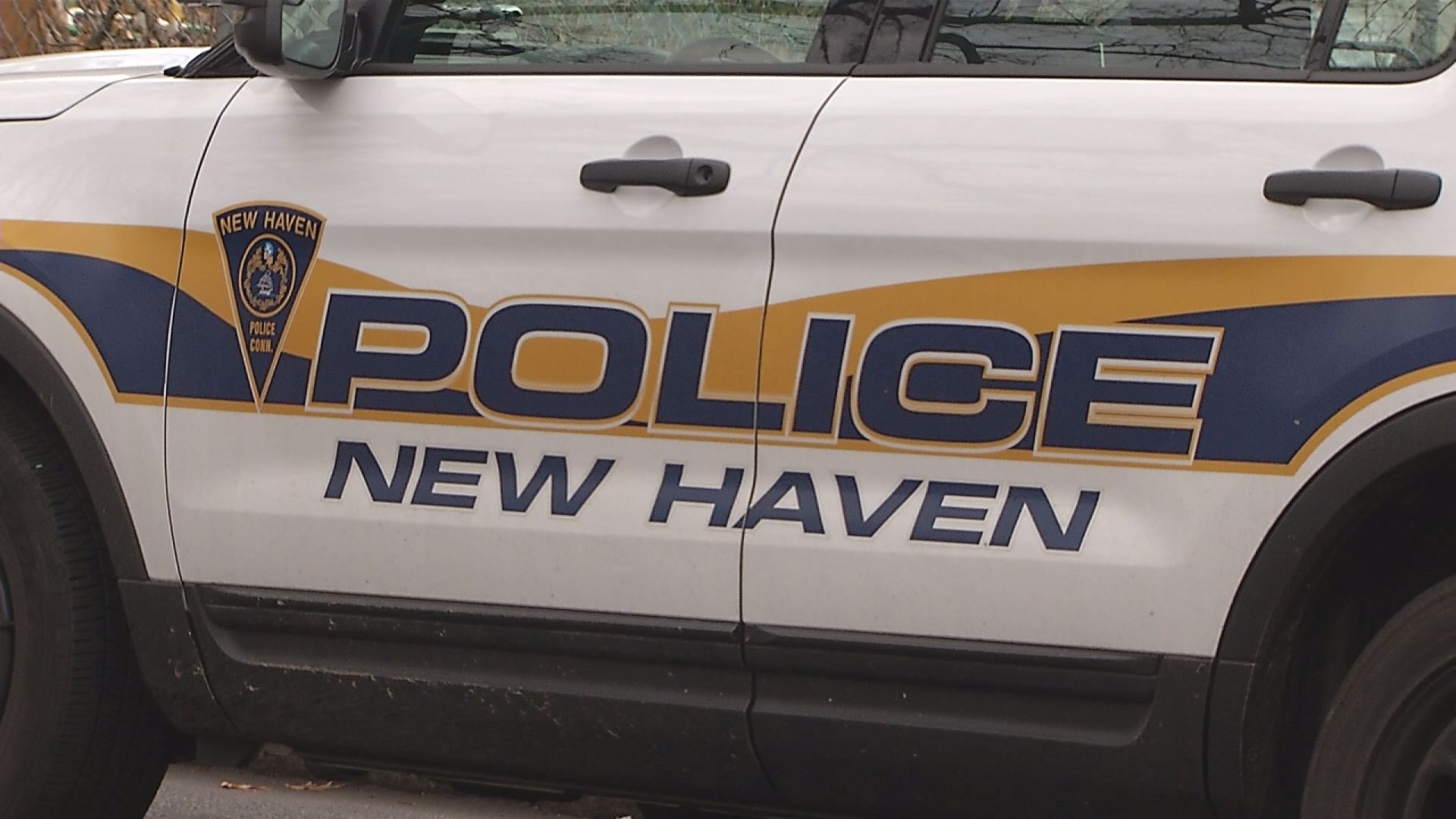Nearly a quarter of the 19,000 students enrolled in the Waterbury school district failed last school year.
That’s twice as many as the year before.
Waterbury school leaders had hoped the new grading system would keep kids from getting discouraged and give them a chance to improve. The lowest grade a student could earn was no longer a zero, but a 50.
“We want children to learn. We’re not trying to fail children,” said Dr. Verna Ruffin, Waterbury Public Schools superintendent.
Get Connecticut local news, weather forecasts and entertainment stories to your inbox. Sign up for NBC Connecticut newsletters.
Statistics shared by the school district show 3,000 more students got Ds than the previous school year and nearly 3,000 fewer earned As.
“I don’t have a rational for how or why that occurred," said Ruffin. “We can’t blame everything on a pandemic, but we are living in a pandemic that none of us have experienced before. We’ve seen it affect not only what happens in the school day but we’ve seen what effects it’s had on families,” said Ruffin.
With the bar lowered, some parents are wondering why so many students still failed to make the grade.
Local
“I don’t think it worked,” said Jennifer Chandler who has students in the district.
Despite the data, Ruffin planned to encourage the school board to keep the grading scale during their meeting Thursday night.
"Covid is not over. It is far from over. This school year is probably one of the most challenging to have opened," she said.
The system puts more weight on assignments than assessments, though Ruffin said she believes teachers should be assessing their students daily.
“This is not the elimination of any kind of assessment. Are we going to eliminate perhaps some of the tests, probably so and rightfully so,” Ruffing explained.
Chandler said she thinks tests are important.
“It’s a good indication of how much you’ve learned throughout the year,” she said.
Other parents expect different results now that kids are back in their classrooms.
“I can understand why some kids did not pass. You need in-person learning,” said Addison.
“It has a lot to do with the kids being home. That’s the big issue,” added Eleni Andoni Papadopolus, whose daughter is in eighth grade.
Addison said her daughter Leah, a freshman at Career High School, excelled during online learning. Her son Logan on the other hand, who graduated from Kennedy High School last year, struggled.

“It’s hard to solve an equation if you don’t have your teacher there to help you through it,” she explained. “If you allow the 50 instead of the zero I think it will help those kids. The kids that don’t need it, it won’t affect them.”
Chandler disagreed.
“If you don’t do any work, then you shouldn’t be allowed to get a 50,” she said.
The president of the Connecticut Education Association, Kate Dias, encouraged the district to give teachers a seat at the table when the final decision is made.
“I have accountability to my colleagues that as I move students along that they’ve actually mastered and understand,” she explained. “There needs to be a distinction between a student that didn’t engage in learning at all and a student that engages but struggles.”
Upwards of 80% of the district’s 19,000 students are children of color. The NAACP said grades are just a symptom of the disparity and inequity not only in the Waterbury school district but in all big cities.
“It goes beyond the grading,” said Dr. Kenneth Cook, Greater Waterbury NCAAP Education Chair. “Do the kids have the resources to learn?”



